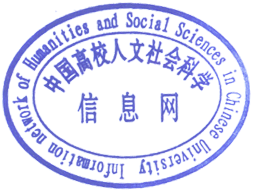关 键 词 :深度学习;阅读教学;高级汉语 学科分类:教育学--教学论
深度学习是克服碎片化、浅层化学习,培养学习能力,促进学生思维发展的重要法宝。它往往以有挑战性的内容为教学依托,引导学生自我思考、自我发展、自我提高。深度学习的理论研究及应用在国内学科教学领域日趋完善,但在国际中文教育的教学实践中仍有较大缺口。当前高级水平汉语阅读教学面临着教学定位不明确、没有充分发挥学生主体性等问题。以深度学习为导向的汉语阅读教学有利于优化教学设计、发挥学生主体,提升汉语学习者的阅读水平,促进思维能力的发展。为了在高级汉语阅读教学中落实深度学习理念,创设高质量的汉语阅读课堂,教师应实施递进式教学、尊重学生主体、打造学习共同体、丰富阅读形式等策略。
Deep learning is an important approach to overcoming fragmented and superficial learning, fostering learning abilities, and promoting students' cognitive development. It often relies on challenging content for teaching, guiding students to think independently, develop themselves, and improve. The theoretical research and application of deep learning in domestic subject teaching have been increasingly refined, but there is still a significant gap in its practical application in international Chinese language education. Currently, advanced-level Chinese reading teaching faces issues such as unclear teaching positioning and failure to fully leverage students' subjectivity. Chinese reading teaching guided by deep learning is conducive to optimizing teaching design, enhancing students' subjectivity, improving the reading proficiency of Chinese learners, and promoting the development of their thinking abilities. To implement the concept of deep learning in advanced Chinese reading teaching and create high-quality Chinese reading classrooms, teachers should adopt strategies such as progressive teaching, respecting students' subjectivity, building learning communities, and diversifying reading forms.

